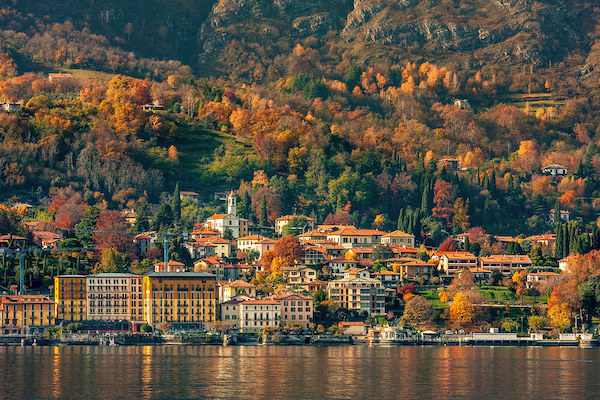Global Circular Economy Hub Set to Converge in Italy This November
Hyphen Web Desk

This year’s event is emphasising several strategic growth areas: climate-tech innovation, digitalisation in resource management, blue economy and Mediterranean-Africa partnerships. The organising body, Italian Exhibition Group, has arranged a road-show in Cairo, Belgrade and Warsaw ahead of the main event to strengthen its outreach across Europe and the Mediterranean basin.
The event programme spans seven macro-areas including “Waste as Resource”, “Water Cycle & Blue Economy”, “Sites & Soil Restoration”, “Bioenergy & Agriculture”, “Earth Observation & Environmental Monitoring”, “Circular & Regenerative Bio-Economy” and the biennial vehicle-technology expo SAL. VE. A key new emphasis lies in leveraging digital twins, earth-observation systems and artificial-intelligence-based monitoring tools to strengthen circularity in industrial value chains. The agenda lists sessions such as “Earth Observation for Critical Raw Materials Management” and “Circular Economy in Construction – Strategies and Innovations”.
Institutional participation is significant. The European Climate, Infrastructure and Environment Executive Agency and the European Innovation and SME Executive Agency will host over 20 EU-funded projects in a dedicated stand, and the event includes high-level sessions bridging environmental policy frameworks and industrial applications.
The international-business dimension is emphasised by the event’s “Hosted Buyer” programme, which last year facilitated more than 3,600 business-meetings and involved attendees from over 70 countries. Among the key target geographies are North Africa and the Balkans, where investment flows are being channelled into water infrastructure and waste-to-energy initiatives. The July road-show in Cairo, for instance, brought together Italian firms and Egyptian stakeholders ahead of investment commitments under Egypt’s National Climate Strategy 2050.
Market analysts note that the alignment between green-transition policy and industrial innovation is driving the shift. According to the event brochure, last year the exhibition space covered 165,900 sq m and attracted more than 103,500 attendees, with around 10 % from outside Italy. Companies exhibiting this year range from advanced recycling-plant manufacturers to firms offering digital-monitoring systems for soil-restoration, and start-ups in regenerative-bioeconomy models. The construction sector will focus on decarbonisation routes via circular approaches to quarrying waste and infrastructure materials.
From a policy perspective, this edition is poised to reflect heightened regulatory shifts. The agenda includes discussions on new EU directives for packaging, electronic-waste streams, and water-reuse mandates. There is also a session dedicated to “Managing climate risk: insurance products and obligations for companies”, signalling how finance is becoming entwined in sustainability efforts.
However, some observers caution that significant barriers persist. While the collection of secondary raw materials in Europe is improving, the scale-up of technologies such as optical sorting for construction-waste remains uneven. Further, the ability of Mediterranean regions to convert policy frameworks into industrial-scale projects is still challenged by financing gaps and fragmented supply-chains. A case in point: the “LIFE CDW CIRCLE” project showcased at the EU stand is still in pilot stage, using optical sorting technology to up-cycle construction and demolition waste into bricks and high-value aggregates.
For participants and analysts alike, one of the event’s defining metrics will be the number and nature of cross-border deals struck. Italian Exhibition Group highlights that the choice of Rimini stems from its logistics connectivity, and the venue itself has been designed with low-impact-construction features and solar-installed power to support the green credentials of the fair.
In focusing on circular economy practices that span water, soil, materials and bio-economy, the fair is attempting to deliver a holistic view. Firms active in blue-economy technologies will showcase marine-ecosystem remediation, while the textile district will highlight “circular fashion: supply chains & storytelling”, addressing both design and end-of-life phases of garments.
The overlap between finance, technology and regulatory frameworks is more visible than in earlier editions. The presence of dedicated sessions on green-finance instruments such as ESG insurance, the financing of waste-pipeline upgrades, and the role of public- procurement in the ecological transition reflect the shifting terrain of green-business strategy. Exhibition organisers say that the innovations at the show will underpin moves from “linear to circular models” across manufacturing, utilities and infrastructure.
Labels:
#Syndication
Share:
